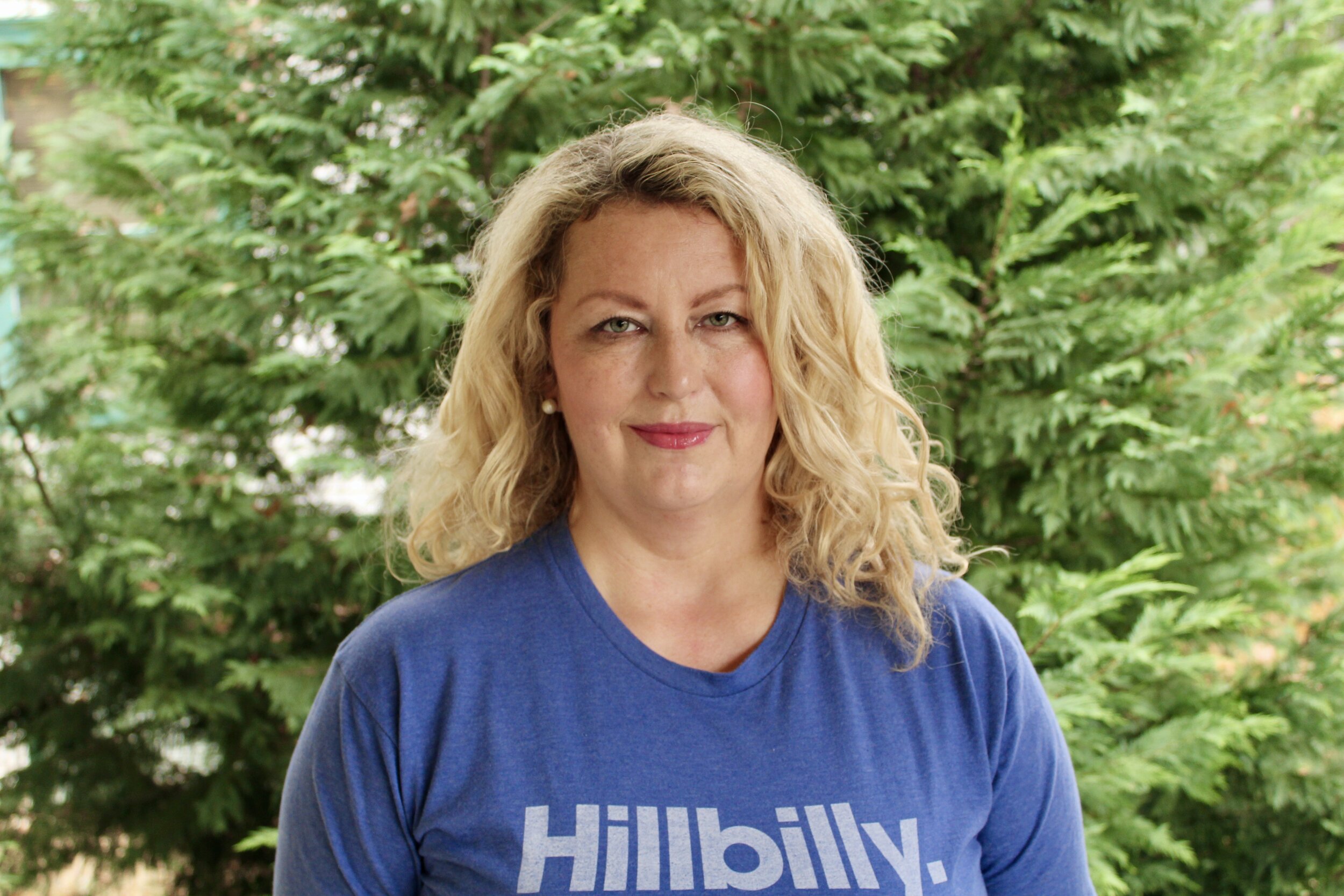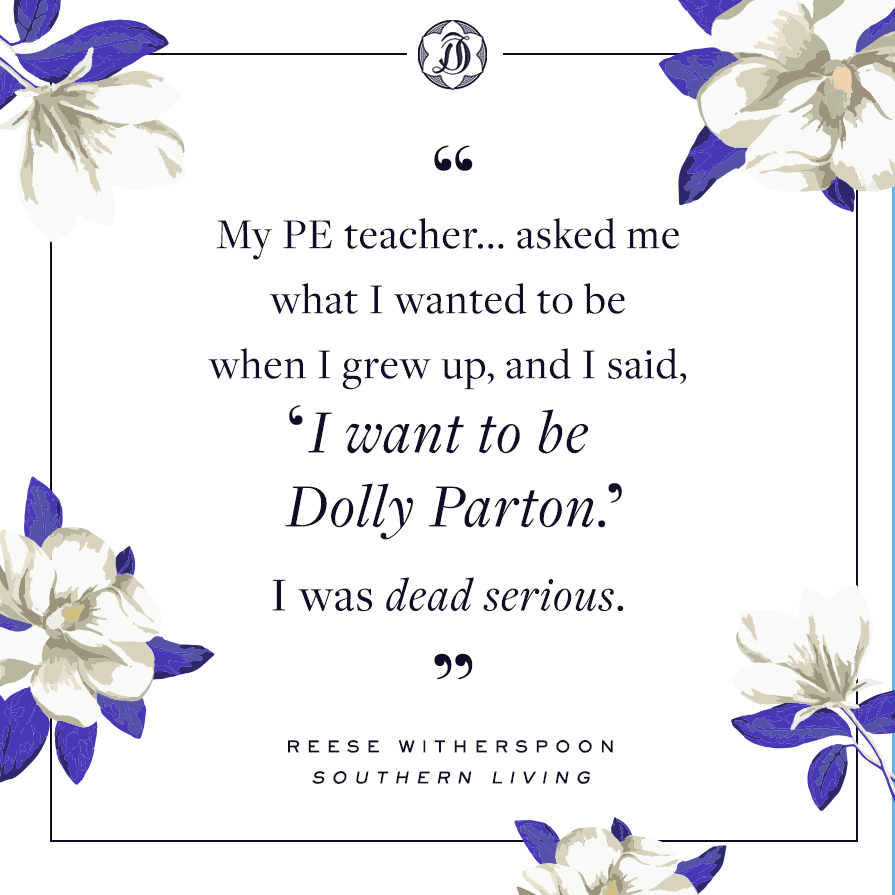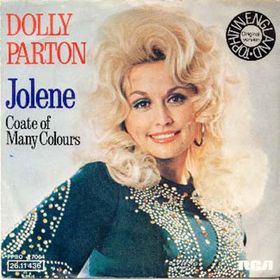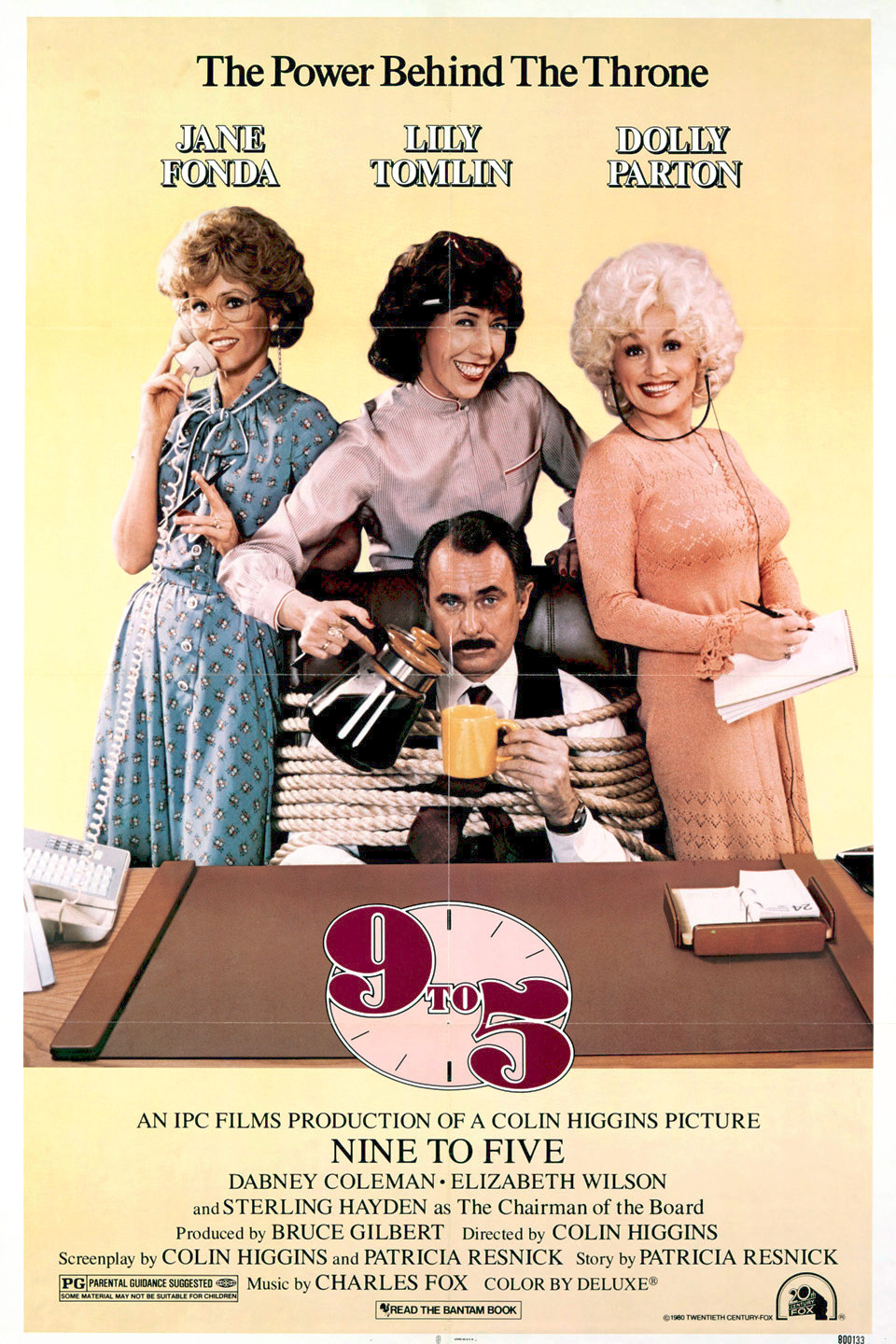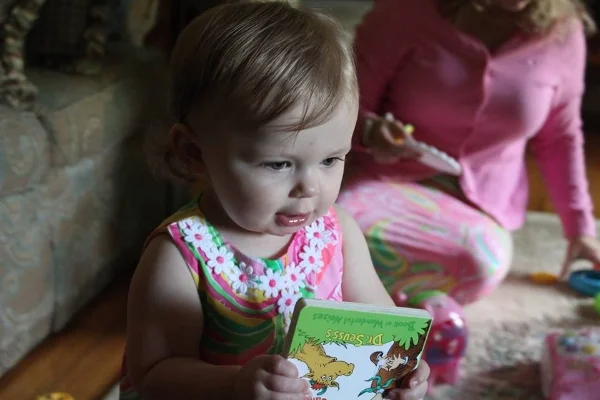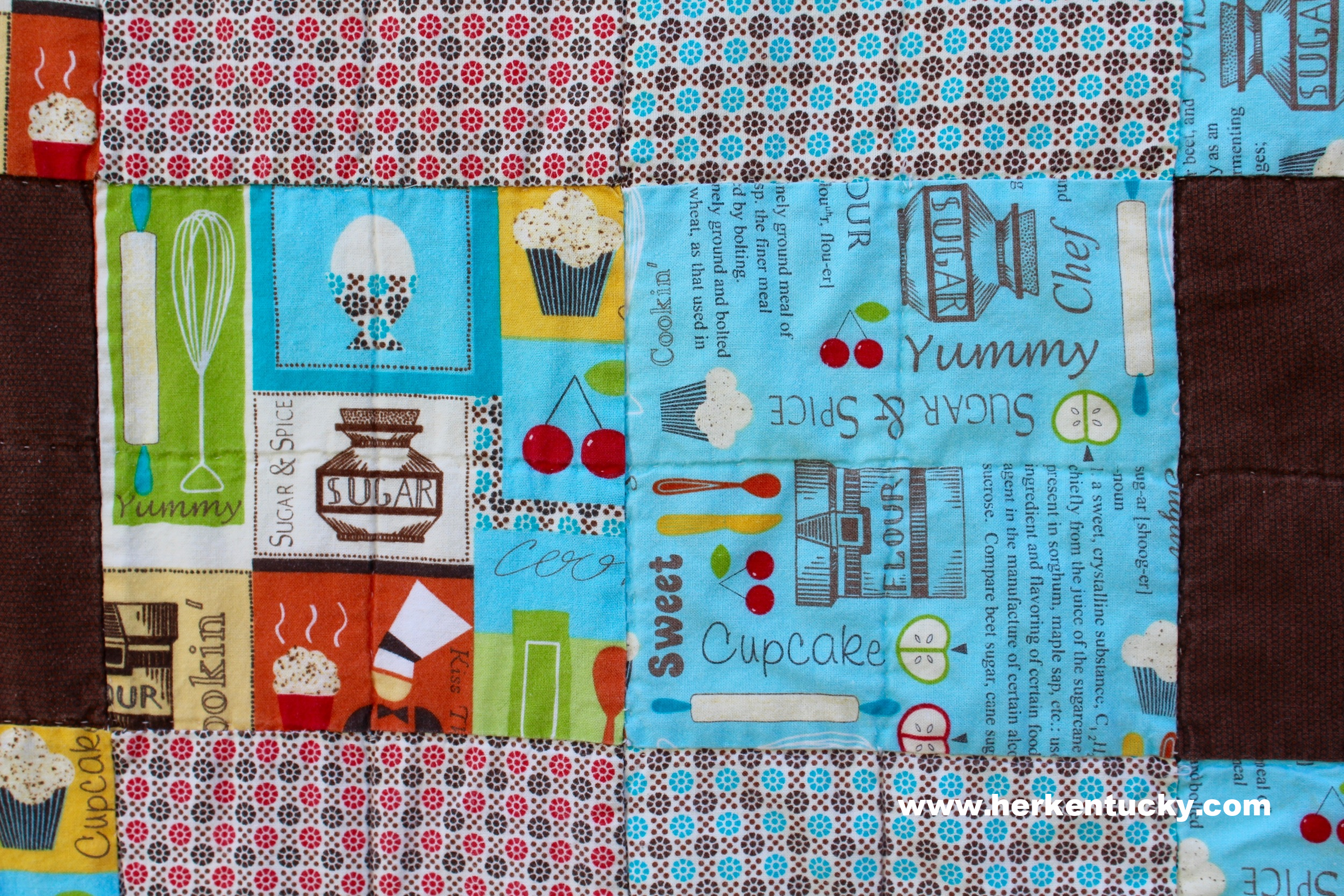The H Word, JD Vance, and Appalachian Identity
JD Vance ain’t from around here, and the Hillbilly Elegy trailer is a trainwreck I don’t want to see.
{This blog post contains commissionable links to my Bookshop affiliate account. I receive a very small commission on your purchase, at no cost to you. That said, I ask that you please don’t buy Hillbilly Elegy; don’t give that work or its author any more power. I frequently add more fitting books to the Appalachian Voices page of my Bookshop storefront.}
Growing up, there were a handful of words that under no circumstances were my brother and I ever allowed to say. There were the usual ones, the ones that probably got y’all in trouble with your parents as well, and then there was the H word. You know the one. Well, at least if you grew up like I did, in 1980s Eastern Kentucky with educator parents, you know the one: Hillbilly.
“I’m proud of my hillbilly, white trash background. To me, that keeps you humble; that keeps you good. And it doesn’t matter how hard you try to outrun it. If that’s who you are, that’s who you are. It’ll show up once in a while. ”
The message was clear: yes, it’s a pejorative term for people from the Appalachian region. Yes, people say it about us, both behind our backs and to our faces. But if we allow ourselves to play into the stereotype, then we’re giving them power over us.
Now, I’ll admit that, over the years, I’ve played with dropping the H-bomb myself. Isn’t that what taboo words are for? I was taking back the idiom, as they say. Besides, Miss Dolly Parton embraced the term, and who am I to question Dolly? But, anytime I did use that word it was always with the sense that “I can say it because I am one. Y’all can’t.”
The truth of that word, whether taboo or reclaimed, remains constant: it’s a “them and us” mentality. Appalachians are, by definition, sheltered. Our geography and our culture sets us apart. We learned a long time ago not to trust outsiders. A few may come to help — Mrs. Alice Lloyd comes to mind, as does Mary Breckinridge — but most come to exploit us. Because of the cycle of exploitation and ridicule, we’ve learned to protect ourselves from outsiders. My grandfather grew up on the campus of Alice Lloyd College in the 1930s and ‘40s. He often told a story about when he was 17 and Mrs. Lloyd found work a group of local Knott County boys on a Massachusetts cranberry bog. When a Boston reporter interviewed my Poppy and his friends, they purposely defied all expected stereotypes by speaking perfectly enunciated, grammatically-correct English. Similarly, a few years ago when a UC Berkeley professor profiled my brother about his remarkable career in coding, our entire family proceeded with extreme trepidation until she won our trust. Call it us vs. y’all or call it insular behavior, if you ain’t from around here, we don’t quite trust you.
Last thing I’ll say about JD Vance is I also grew up in a holler with moonshiners, coal miners and all the stock hillbilly characters. Venture capital has also put money in my pocket. Difference between him and me is that I don’t consider myself superior for “rising above it.”
— Heather Watson⚜️ HerKentucky (@HerKentucky) October 14, 2020
In one of the very first posts on this blog, I mused that, every few years, there’s some documentary or photography exhibit or TV show that reinforces all the old, hurtful stereotypes. Of course, I’ve been pretty vocal about my own Appalachian identity and my loathing of these pandering displays over the years, so it wasn’t exactly surprising that yesterday, when Netflix dropped the first trailer for the film adaptation of J.D. Vance’s best-selling memoir Hillbilly Elegy, a lot of people texted, tweeted, or Facebooked to ask my opinion. I certainly have one, that much is for sure.
Mr. Vance is an Ohio native who was raised in part by his grandparents, natives of rural Breathitt County, KY. Hillbilly Elegy tells the story of a difficult childhood: Mr. Vance and his sister were abandoned by their father and, later, by their drug-addicted, frequently-married mother. He spent time in Middletown, Ohio, a steel town outside Cincinnati, as well as with his grandparents in Breathitt County. After troubled high school years, Mr. Vance went on to a stint in the Marines before matriculating at Ohio State University and Yale Law School. He went on to a Silicon Valley venture capital career before settling into a million-dollar Cincinnati home. Elegy tells the story of his tumultuous childhood, shaped by his iron-willed grandmother and the cycles of addiction, violence, and poverty so common to Appalachian families. The love among Vance’s family members, even in hard times, is apparent, and his Mamaw is a wildly compelling character. His academic and professional success is impressive. But, Mr. Vance is way too self-satisfied in his telling of rising above his humble beginnings and his analysis of Appalachian culture smugly oversimplifies so much.
Hillbilly Elegy experienced tremendous success when it was released in 2016, reaching the top spot on the New York Times Bestseller List and securing Oprah’s recommendation. Many viewed the work’s analysis of blue-collar rural Americans as a key to understanding the paradoxes of that demographic’s support of then-Presidential-hopeful Donald Trump. Suddenly, his tale of personal success had a very coded message about the politics of the disenfranchised. And, it seemed a launching pad for Mr. Vance to embark upon a career as a conservative pundit and potential political candidate. It also pissed off a whole lot of Appalachians. Mr. Vance’s analysis of Appalachians’ perceived laziness (“many folks talk about working more than they actually work.” and financial instability (“We spend our way to the poorhouse… Thrift is inimical to our being.”) are cruel and antiquated, painting all hillbillies with the broadest possible brushstrokes. Faced with these ad hominem attacks on our very existence, Appalachians have, in the four years since Hillbilly Elegy’s publication, responded with more nuanced and reasonable books of essays. We’ve also collectively shouted that he ain’t even from around here.
The brilliant singer-songwriter Sturgill Simpson — himself an actual native of Jackson in Breathitt County, and not just a sometime visitor — mocked Hillbilly Elegy by calling it “Tuesdays with Meemaw” and noting “I’ll give this to J.D.- like so many coastal elites that have come to eastern Kentucky to point out all its problems, much like them he offered no solutions, but just found a way to get f—ing paid for it. Twice.” My own view has always been that Mr. Vance is like the kid that every Appalachian youth has encountered - the one who comes down from Ohio to go to Vacation Bible School with his cousins and tries to tell us how backward we are. Yes, your Mamaw lives here, but you don’t, kid. You don’t get to claim “insider” status on telling us how to live.
My paternal grandparents receiving degrees from Eastern Kentucky University, 1961
In the four years since Hillbilly Elegy’s publication — four years since I started reading the book, then gave up and disgustedly put it in my neighborhood Little Free Library because I just didn’t want it around me — I’ve thought a lot about my own Appalachian experience in contrast with Mr. Vance’s. I didn’t live through generational abuse and trauma. I was fortunate to have parents who worked hard and treated my brother and me well. I was fortunate to come from folks who had access to higher education. My relationship with my own tough-as-nails Appalachian grandmother isn’t traumatic or fraught. I’ve had kinfolk who made really great personal and professional decisions and others who haven’t. I chose to leave the holler; my brother has built a fascinating career in our hometown. I know Appalachian folks who, like Mr. Vance, have gone on to Ivy League law schools. I can count at least three folks from my hometown who currently work at the Cleveland Clinic. I have friends who’ve stayed in Appalachia and enriched our community as schoolteachers and policemen. And I know a few folks who don’t seem to do much of anything. I don’t really judge their worth by their resumes or their bank accounts. One group is neither inherently lazy and irresponsible nor categorically commendable. I didn’t grow up in the cartoon of Mr. Vance’s Appalachia, and I don’t particularly want to hear his commentary on my homeland.
So, to answer the question asked of me yesterday, I won’t be watching Colorado native Amy Adams and Connecticut-born Glenn Close in an Oscar-bait, poverty-porn denigration of my homeland. I don’t need to laugh at gorgeous and talented actresses in cringeworthy hillbilly garb. Maybe I’m continuing the exclusionary cycle of us vs. them that keeps Appalachia secluded or maybe, once again, I’m shielding myself from harmful outsiders.
All I know is that we real hillbillies will be over here savoring the lyrics of Dolly Parton, Sturgill Simpson, and Tyler Childers instead.
Dolly Parton's I Believe in You Benefits Imagination Library
The beloved Appalachian-born singer's new album benefits her childhood literacy nonprofit.
I seriously love Dolly Parton, y'all.
Reese Witherspoon knows what's up.
I mean, she's a mountain girl with big hair who followed her dreams and forged her own path. She basically drew a road map for me.
Of course, beyond her timeless songs (there really isn't a serious argument against my belief that Jolene is the best song ever written...) and two of the most iconic movie roles ever (Doralee and Truvy, obvs), there's Dolly's commitment to treating others well, sharing her good fortune, and generally doing the right thing. Dolly has been vocal about her support of marriage equality. She gave millions of dollars Gatlinburg-area families the funds to help them get back on their feet after devastating fires claimed their homes.
And then there's the Imagination Library. Y'all, this is seriously one of the coolest initiatives ever. Miss Dolly founded the Imagination Library in 1995 to provide books to the children of her hometown Sevierville, Tennessee. Dolly's mission to ensure that children had access to high-quality, age-appropriate books, regardless of household income, was designed to honor her own father, whose circumstances in the Appalachian hills of Tennessee led to his never learning to read or write. Over the past 22 years, the Imagination Library has mailed more than 100 million books to children in Australia, Belize, Canada, United Kingdom and the United States. This service is completely free to the recipients, y'all! Over 1600 communities are served, and over 1.1 million children have registered!
Here in Kentucky, there are over fifty Imagination Library affiliate programs. You can register your child aged 2-5, regardless of household income, if you live in an area supported by the Imagination Library. I love the fact that my little niece receives a monthly Imagination Library book! She already loves books, the alphabet, and reading, and she's showing every sign of having some seriously big hair of her own. It’s a pretty good start for a little mountain girl!
If you love Miss Dolly (and childhood literacy) as much as I do, then you should check out Dolly’s new children’s album, “I Believe in You” which is available in stores today! All proceeds from the album benefit the Imagination Library. There’s even a special edition CD package that comes with a children’s book based on Dolly’s song Coat of Many Colors. What a cute Christmas present!
Here's to big-haired mountain girls who know what they want, and who always exhibit grace and kindness on their journey!
Love Dolly as much as I do? Shop the Draper James What Would Dolly Do collection! This tee might be the most-complimented item I own!
Blue and Brown Kitchen Print Patchwork Quilt
Happy Thanksgiving, y'all!
Julia Child said that "People who love to eat are always the best people." Let me tell you, this Thanksgiving, Julia would certainly approve of everyone at my house. We've feasted and given thanks, and we decorated the sofa with this gorgeous cooking-themed quilt that my grandmother made for me a few years ago. I love the fun prints and colors in this one!
Navy + Blue Bear Paw Quilt
This week's Quilt of the Week is a navy and blue Bear Paw quilt. If you look closely, this is really just a variant of a nine-patch, but the addition of the triangular "claws" adds a sense of motion to the pattern. My granny made this one a few years ago for my beau. I think it's just beautiful.
If you want to try a Bear Paw quilt of your own, here's a downloadable pattern.
Check out more Quilt of the Week posts here:

